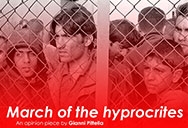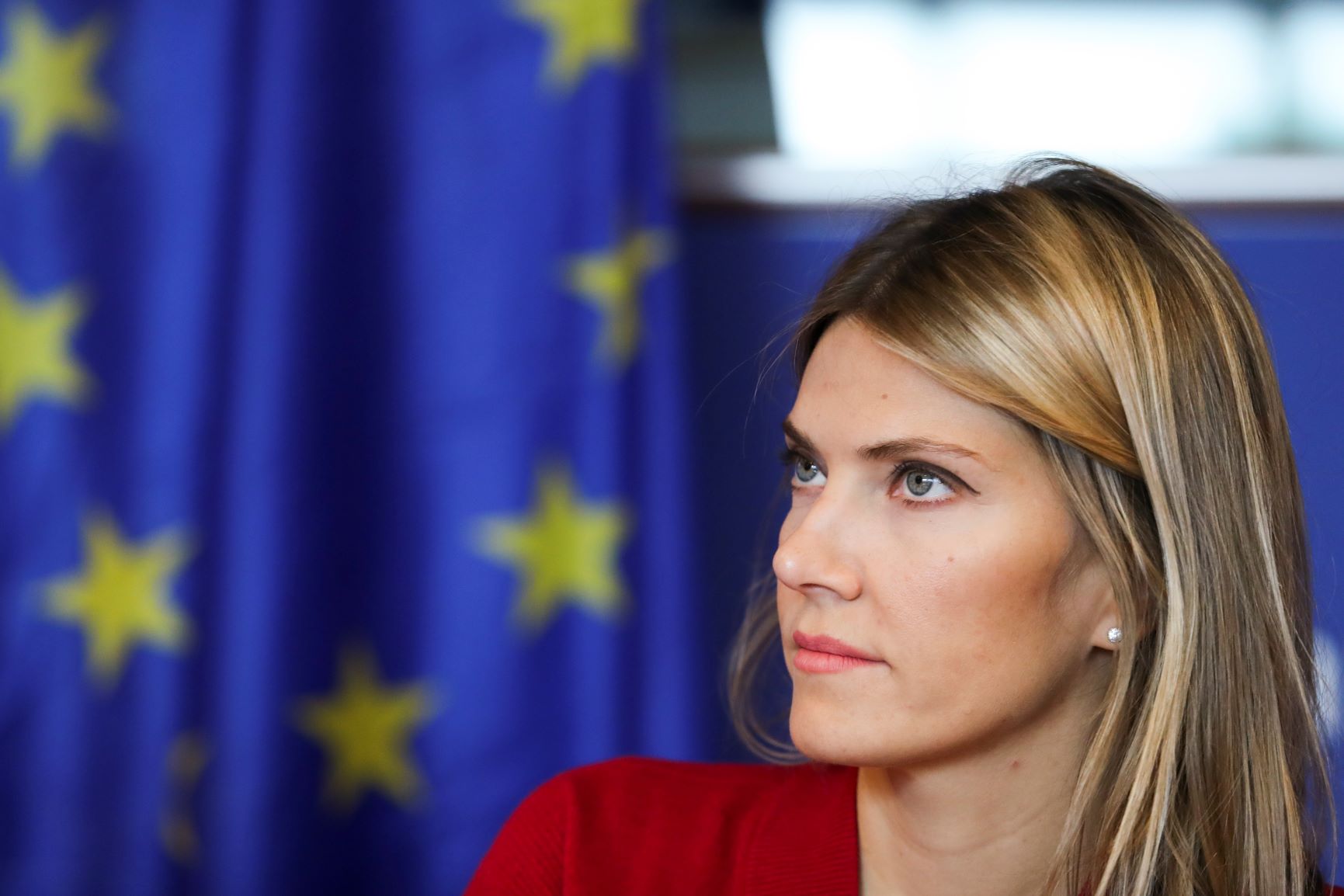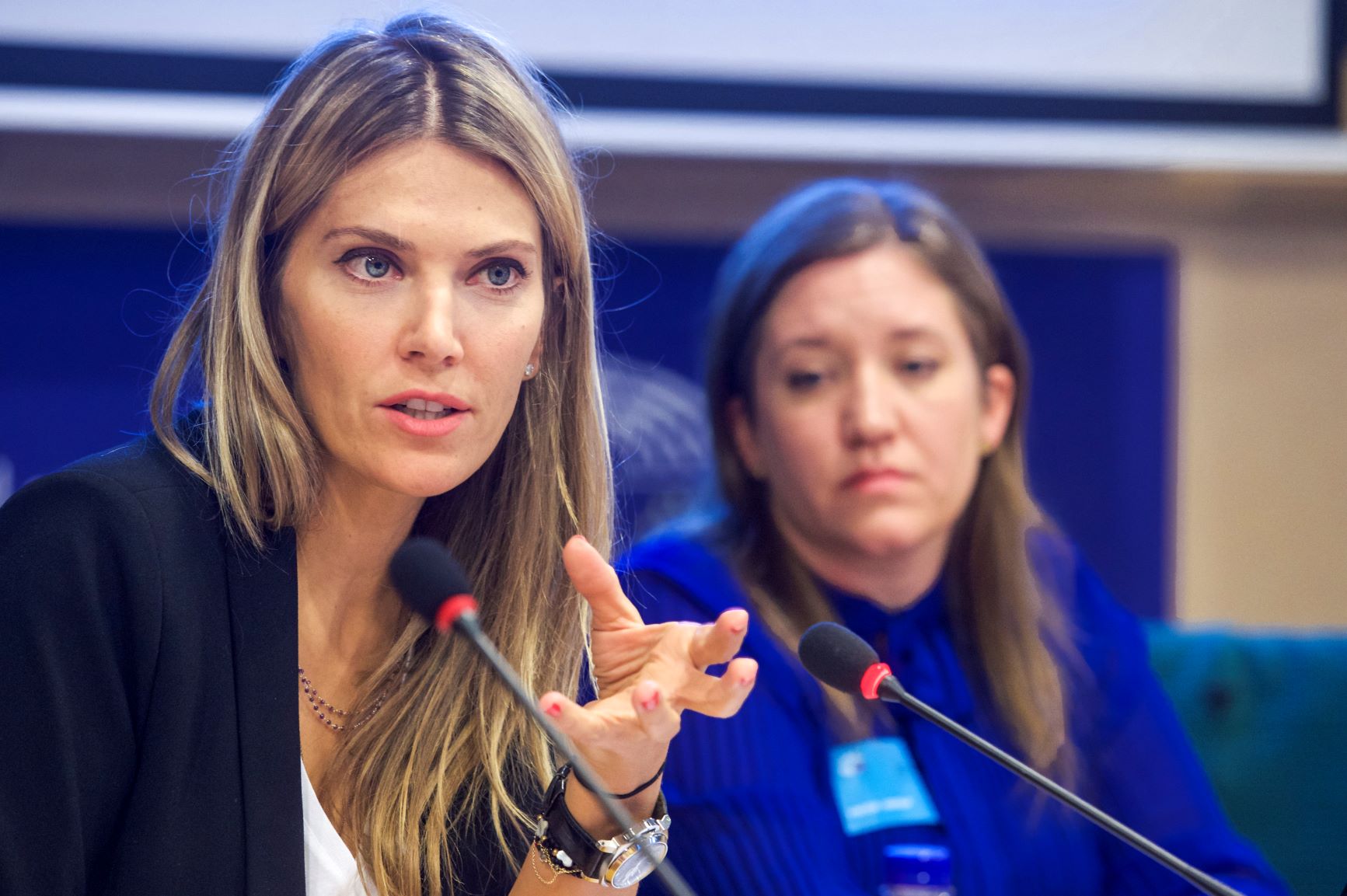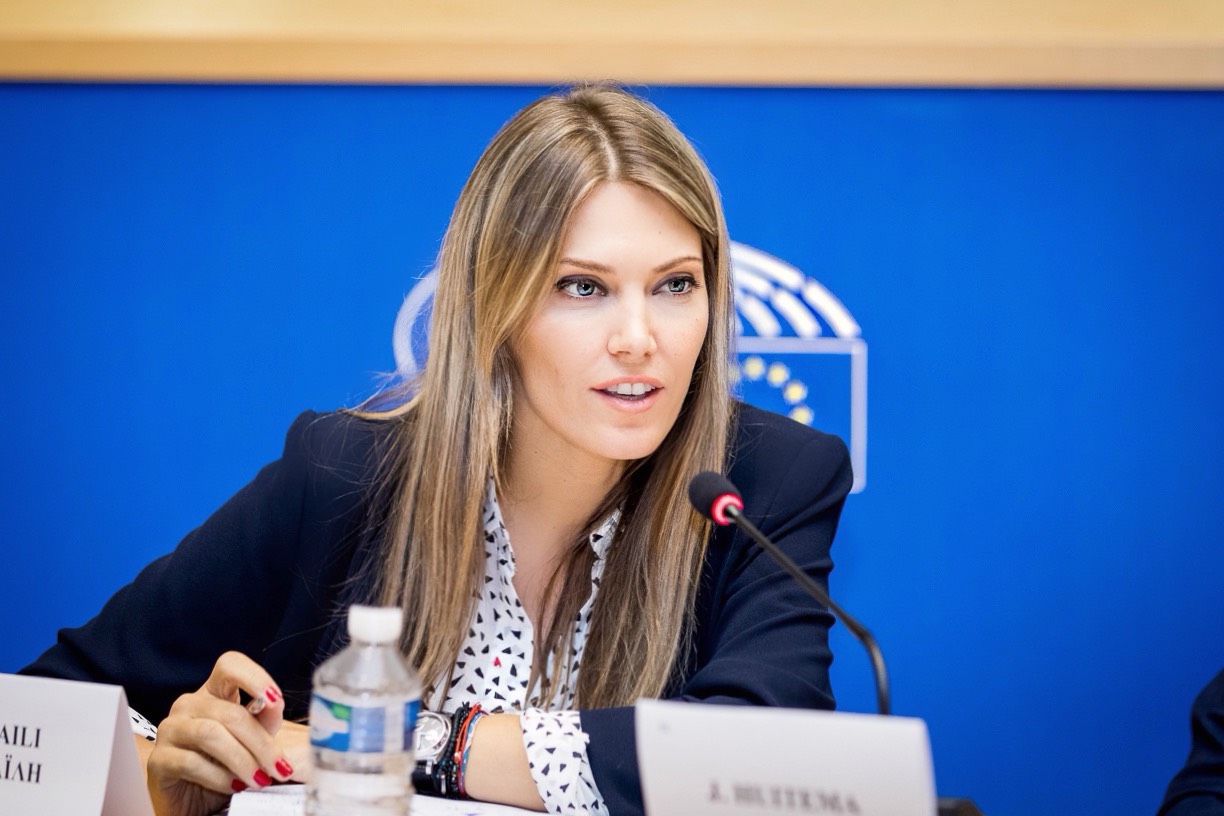
On a warm afternoon in late August of 2015, the governments of Europe– suddenly realised that we are facing an unprecedented migrant crisis – some governments, I should say; others, such as the Greek and Italian ones, have been aware of this for quite some time. It must have been a shocking discovery, given the strong reactions this has provoked, including dispassionate appeals for the establishment of a true European migration policy and a hasty review of the Dublin Regulation.
That the sight of 71 bodies found in a lorry in Austria should stir the consciences of many leaders and politicians is understandable. Less understandable – and frankly regrettable – is the fact that the death of 3.419 people in the Mediterranean in 2014 and of over 2.500 people in the first eight months of 2015 alone did not provoke the same reaction. If Europe’s leaders had roused sooner, we could have saved many lives and avoided a great number of unspeakable tragedies, and – who knows? – we might even have felt proud of being European. Instead, it took another tragedy to finally open the eyes and hearts of some European governments. Or – more precisely and less hypocritically – we should perhaps say that these governments needed a tragedy to happen on their own doorstep to realise that the immigration drama – and the political, social and economic problems associated with it – are not just an issue of the European periphery, of Italy, Greece or Malta, but also one of core Europe: of Germany, France, Great Britain, Austria, Hungary, Sweden, Slovakia, Poland, etc. They are, in other words, a European issue.
And yet, while Brussels repeatedly failed to table an effective response, Europe remained silent as Hungary announced its plans to build a shameful ‘migrant wall’ along its border with Serbia, as lorries were assaulted by migrants in Calais, as the UK repeated its threat of abandoning the European Union, as France and Italy engaged in a disgraceful stand-off in Ventimiglia, as refugee camps in Germany were set on fire by neo-Nazis, as extremists and populists from all across Europe – such as Salvini and Grillo in Italy – were able to exploit people’s fears to gain political consensus by spreading the usual false propaganda about migrants being a threat to the stability, safety and welfare of our societies.
All the major groups in the European Parliament – the Socialists and Democrats, the People’s Party and the Liberals – have already spoken in favour of the creation of a truly European common migration policy. Now that all the national governments in Europe – including the ones that in the European Council meetings of June and July blocked all attempts to establish a common migration policy with compulsory quotas, as proposed by the European Commission – seem to have finally realised the humanitarian, political and social urgency associated with the immigration crisis, it is finally time to move beyond the anachronistic Dublin Regulation on asylum claims and to provide the European Union with the means to face this emergency in a clear, effective and solidarity-based manner.
We are tired of being ashamed of Europe’s inertia simply due to the selfishness of a few governments. We are tired of remaining passive in the face of a tragedy that has been repeating itself almost on a daily basis for too many years. The solutions are at hand. They are the ones tabled by the European Commission, which can and should be improved. Beginning tomorrow, the Socialists and Democrats Group in the European Parliament, which is proud to be at the forefront of this battle in Brussels, will engage in a political and diplomatic effort aimed at exerting pressure on all the progressive interior ministers, in order to forge a solid political block on this issue at the next European Council. Only an effective European migration and anti-trafficking policy, in conjunction with longer-term plans for helping the countries of origin, will allow us to manage this humanitarian crisis and avoid the dissolution of Europe.






